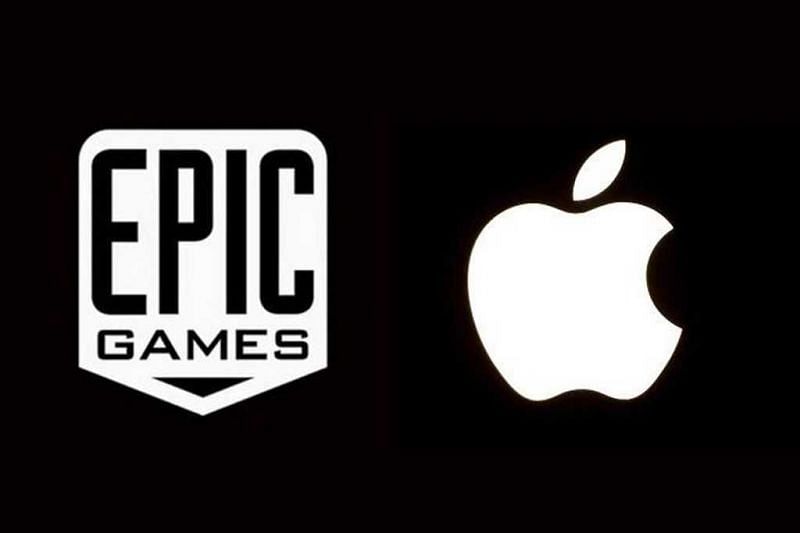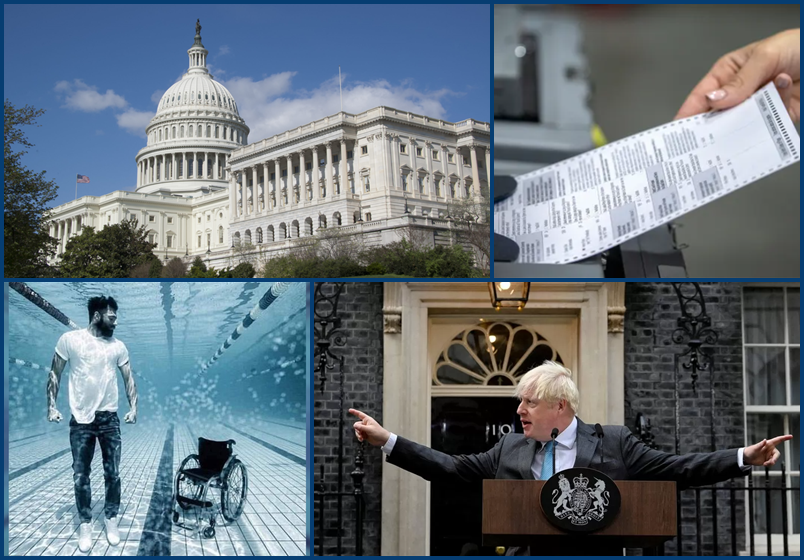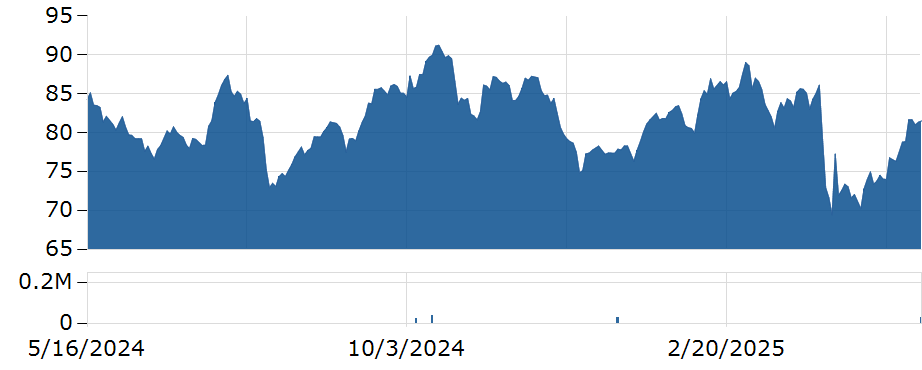Epic Games And Fortnite: A New Lawsuit Over In-Game Purchases

Table of Contents
The wildly popular game Fortnite, developed by Epic Games, is facing yet another lawsuit, this time centered around its in-game purchase system and allegations of deceptive practices. This legal action raises critical questions about the fairness and transparency of microtransactions in free-to-play games and the potential impact on players. The lawsuit alleges that Epic Games employs manipulative tactics to encourage excessive spending on in-game purchases, particularly targeting younger players. This article delves into the details of the lawsuit, its potential consequences, and the broader implications for the gaming industry.
The Core Allegations of the Lawsuit
The lawsuit against Epic Games centers on several key allegations regarding Fortnite's in-game purchase system. The plaintiffs claim that Epic Games engages in deceptive marketing of loot boxes, employs manipulative game design to encourage excessive spending, and specifically targets underage players with predatory practices.
- Deceptive Marketing Tactics: The lawsuit points to specific examples of marketing materials that allegedly misrepresent the odds of obtaining rare or valuable in-game items through loot boxes. These claims include accusations of misleading probabilities displayed within the game itself and promotional materials that exaggerate the value of certain purchases.
- Manipulative Game Design: The plaintiffs argue that Fortnite's design is intentionally manipulative, encouraging players to spend more money than they intended. This includes claims of "pay-to-win" mechanics, where purchasing certain items provides a significant competitive advantage, and the use of psychological triggers designed to encourage impulsive purchases.
- Targeting Underage Players: A significant aspect of the lawsuit focuses on Epic Games' alleged targeting of underage players, who are considered more vulnerable to manipulative marketing tactics. The lawsuit highlights the lack of adequate parental controls and the ease with which minors can make in-app purchases without parental consent.
- Violation of Consumer Protection Laws: The lawsuit cites specific consumer protection laws and regulations that Epic Games is alleged to have violated, including those related to deceptive advertising and unfair business practices. The plaintiffs seek financial compensation for the alleged damages suffered. The precise amount of financial harm claimed by the plaintiffs is currently unavailable publicly but is expected to be significant, considering the millions of players who have made in-game purchases within Fortnite.
Impact on Fortnite Players and the Gaming Industry
The outcome of this lawsuit could have far-reaching consequences for both Fortnite players and the gaming industry as a whole.
- Potential for Refunds: If the plaintiffs are successful, players who made in-game purchases might be entitled to refunds for purchases deemed deceptive or manipulative.
- Changes to In-Game Mechanics: The lawsuit could force Epic Games to alter Fortnite's in-game mechanics, potentially removing or modifying features perceived as manipulative. This could involve changes to loot box mechanics, the removal of pay-to-win elements, or the implementation of stricter parental controls.
- Increased Regulatory Scrutiny: This lawsuit increases the pressure on regulatory bodies worldwide to scrutinize the microtransaction practices of free-to-play games more closely. This could lead to stricter regulations regarding loot boxes, in-app purchases, and the targeting of children in game advertising.
- Ethical Considerations: The lawsuit brings into sharper focus the ethical considerations surrounding the monetization strategies employed by many free-to-play games. The discussion surrounding the targeting of children with in-game purchases is crucial, particularly given the potential for psychological and financial harm.
- Impact on Epic Games: The outcome of the lawsuit will undoubtedly impact Epic Games' reputation and stock price. A large financial settlement or unfavorable judgment could significantly damage the company's image and financial stability.
Previous Legal Battles Faced by Epic Games
Epic Games has faced several legal challenges in the past, some related to its in-game purchase practices and others concerning antitrust issues. These previous battles provide context for the current lawsuit and highlight potential patterns in the company's business practices.
- Apple and Google Antitrust Lawsuits: Epic Games famously clashed with Apple and Google over their app store policies, challenging their commission fees and arguing against their control over in-app purchases. While the outcome was mixed, it brought the debate surrounding app store practices to the forefront.
- Other lawsuits: While details are limited on this aspect and further investigation is warranted, it is important to note that Epic Games may have faced past lawsuits related to in-game purchase complaints, revealing patterns of previous legal actions. Further research into public records can give a clearer picture of those situations and their outcomes.
Legal Experts' Perspectives on the Fortnite Lawsuit
Legal experts offer varying perspectives on the likelihood of success for the plaintiffs and the potential ramifications.
- Strengths and Weaknesses of the Case: Some analysts highlight the strength of the plaintiffs' claims regarding deceptive marketing and the vulnerability of underage players, while others point to the challenges of proving direct causation between the game's design and players' excessive spending.
- Potential Outcome: Predicting the outcome of any lawsuit is difficult, but many experts believe that the case could set a significant precedent for the regulation of microtransactions in the gaming industry. The ruling could influence how other companies structure their in-game purchase systems and marketing practices.
- Setting a Precedent: This lawsuit has the potential to significantly reshape the landscape of in-game purchases and the way gaming companies interact with their players, especially children and young adults. It could become a landmark case setting legal standards across the industry for years to come.
Conclusion
The lawsuit against Epic Games and Fortnite over its in-game purchase practices presents a significant challenge to the company and raises critical questions about the ethical and legal implications of microtransactions in the gaming industry. The allegations of deceptive marketing, manipulative game design, and targeting of underage players are serious and could have profound consequences for both Fortnite players and the broader gaming landscape. The potential for refunds, changes to in-game mechanics, increased regulatory scrutiny, and the setting of legal precedents makes this a crucial legal battle to follow.
Call to Action: Stay informed on the developments of this important legal battle affecting Fortnite and the future of in-game purchases. Follow us for updates on the Epic Games and Fortnite lawsuit and other crucial developments in the gaming world. Keep checking back for more on this evolving situation surrounding Fortnite's in-game purchases and the legal challenges faced by Epic Games. #FortniteLawsuit #EpicGamesLawsuit #InGamePurchaseRegulation

Featured Posts
-
 Novace I Mensik Prica O Prijateljstvu I Uspehu
May 17, 2025
Novace I Mensik Prica O Prijateljstvu I Uspehu
May 17, 2025 -
 Securing Rare Earth Minerals Avoiding A New Cold War
May 17, 2025
Securing Rare Earth Minerals Avoiding A New Cold War
May 17, 2025 -
 Reddit Offline Checking The Current Status And Reporting Issues
May 17, 2025
Reddit Offline Checking The Current Status And Reporting Issues
May 17, 2025 -
 10 Underrated Tv Shows Cancelled Prematurely Hidden Gems
May 17, 2025
10 Underrated Tv Shows Cancelled Prematurely Hidden Gems
May 17, 2025 -
 Principal Financial Group Stock Pfg What 13 Analysts Say
May 17, 2025
Principal Financial Group Stock Pfg What 13 Analysts Say
May 17, 2025
